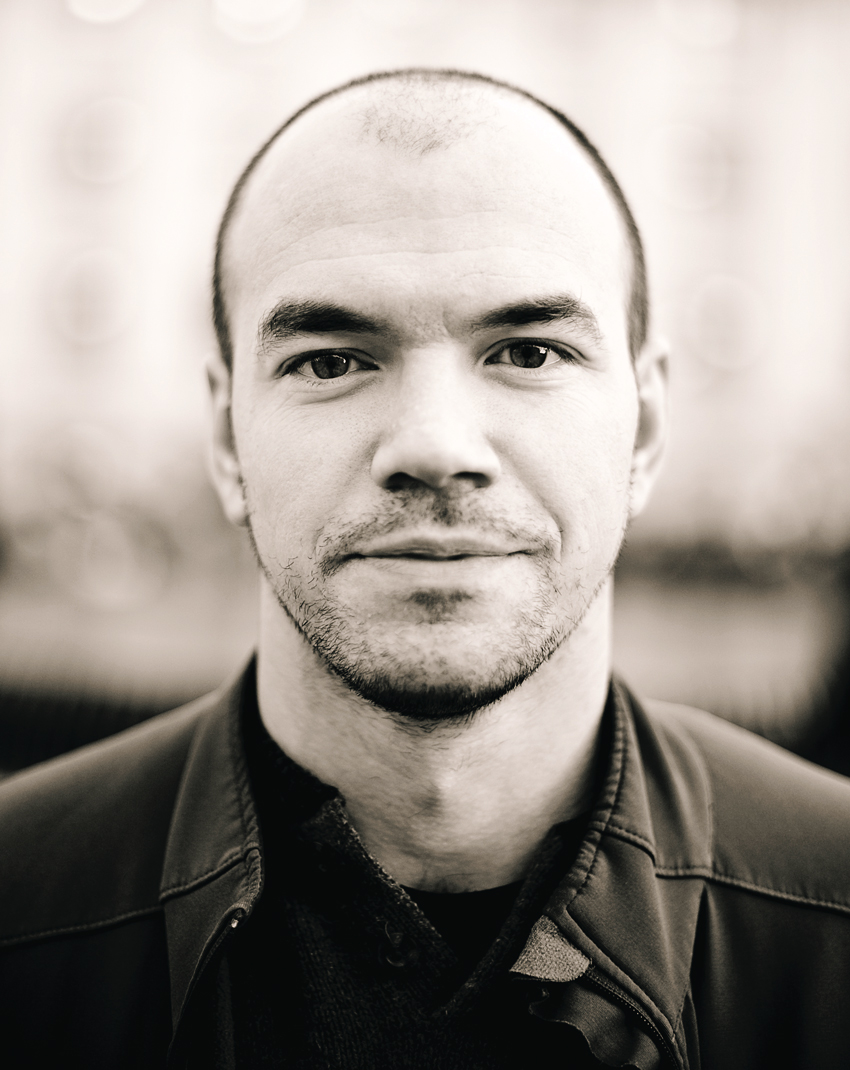Divine Intervention

Photograph by David Newkirk
Tim DeChristopher, who is moving to Cambridge this fall, has become something of a folk hero: Rolling Stone once dubbed him “America’s most creative climate criminal.” In 2008, at the age of 27, DeChristopher was arrested in Salt Lake City for what he described as an act of civil disobedience—bidding $1.8 million at a federal auction for oil and gas leases on 22,000 acres of public land, with no ability or intent to pay. Disrupting the sale earned him a 21-month prison sentence. Since his release in April, he’s traveled the country, publicizing Bidder 70, a documentary film about him, and just “reconnecting to the wilderness.” We caught up with him as he was about to start his next chapter: studying at Harvard Divinity School to become a Unitarian Universalist minister.
What did you learn from your prison experience?
The two years that I spent in prison were spent with the most oppressed people in our society, and from what I saw, the majority of them are not only oppressed in their current situation, but most of them got into that situation because they were disempowered or disenfranchised in one way or another. So just getting to know a lot of those folks, listening to their stories, and hearing their concerns, I think deepened my understanding of a lot of various social issues.
Did it influence your decision to become a Unitarian minister?
That was more something that I decided in the period between the auction and when I got locked up. I was growing disillusioned with the world of professional activism. Fighting climate change is no longer about reducing emissions. It’s much more about how we hold onto our humanity as we navigate this intense period of change. We’re going to have to be much more connected to what our shared values are. And we’re going to have to approach things on a much deeper level than our movement has in the past.
During my trial, there was a big tipping point when I started seeing things as a very spiritual issue, when I saw that people lacked faith in their own moral authority, and that made them vulnerable to any authority figure who told them to abandon their own moral agency and just follow instructions, regardless of how immoral those instructions might seem. And that, to me, was a terrifying thing for our future, and I realized that if we’re going to have genuine resilience for our future, it’s going to have to involve having faith in our own moral agency.
Once you’re ordained, will you still consider yourself an activist?
Before I got locked up, I was much more involved in urgent campaigns. And whether it’s because of my removal for a while, or just because of where I’m at, I feel like I’m looking at things on the long term now and trying to articulate that longer vision. I almost feel like less of an activist now, and more of a philosopher about activism. Which is, for now, a role that I’m okay with. I’m on probation for the next three years, so I’m somewhat limited in what I can do, anyway. And I’ll also be probably heavily involved in my studies, so I’m trying to play a different role by looking at a bigger picture and thinking long term about how we can be building a movement.
You said you’re on probation for three years. How long is Harvard Divinity School?
Three years. So it’ll keep me busy.


